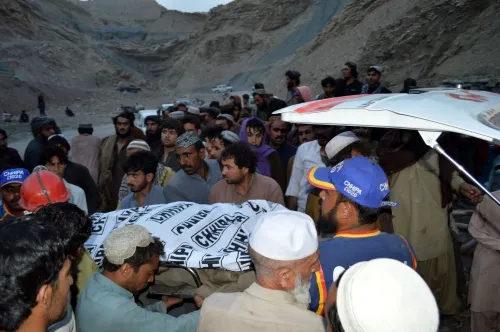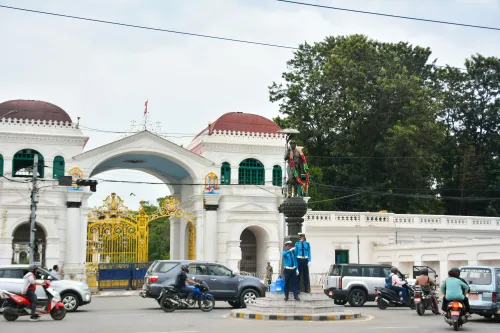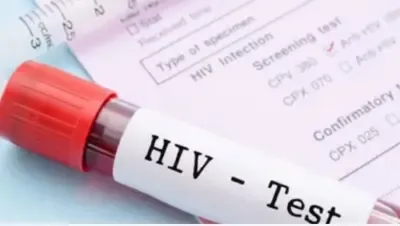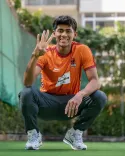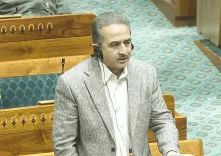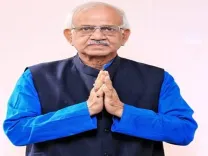Who is Amir Khan Muttaqi? The Diplomatic Face of the Taliban
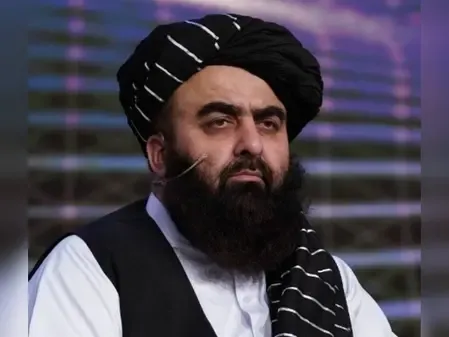
Synopsis
Key Takeaways
- Amir Khan Muttaqi is a seasoned Taliban leader with a significant diplomatic role.
- His visit to New Delhi could reshape Afghanistan-India relations.
- Key discussion points include trade, visa policies, and security.
- The Taliban is seeking recognition and support from the international community.
- Muttaqi's background includes significant roles in the Taliban's governance and negotiations.
Kabul, Oct 8 (NationPress) The Taliban's Foreign Affairs Minister Mawlawi Amir Khan Muttaqi is preparing for a visit to New Delhi on October 9, with arrangements being made in the capital to receive one of the group's most prominent and seasoned leaders.
During this visit, FM Muttaqi will engage in discussions with his counterparts about enhancing trade, simplifying visa processes, security frameworks, the volatile situation in South Asia, and will seek to secure India's support, as New Delhi has yet to recognize the Taliban's regime.
Who exactly is Amir Khan Muttaqi?
Mawlawi Amir Khan Muttaqi, born on March 7, 1970, in Zarghun village of Nad Ali district in Helmand province, is the son of Haji Nadir Khan. Originally from Paktia, his family moved to Helmand later.
He was forced to move to Pakistan at the age of nine after the Soviet invasion in the late 1970s, where he studied religious and traditional sciences in various Afghan refugee schools.
In his formative years, he was actively involved in the jihad against the communist regime in Helmand.
He has significantly influenced political, cultural, and administrative matters during both the Taliban's initial rule from 1996 to 2001 and its current governance since 2021.
In addition to his official roles within the Afghan cabinet, he has held various positions, including a key negotiator for the Islamic Emirate.
Notably, he led a delegation appointed by the late Mullah Muhammad Omar to negotiate with the former Northern Alliance.
He has also conducted discussions in Tashkent, Uzbekistan, Turkmenistan, and Jeddah, Saudi Arabia, facilitated by the Organisation of Islamic Cooperation.
His past roles include serving as the Director General of a radio station in Kandahar in 1994, and as the Director General of Information and Culture in Kandahar in 1995.
After the Taliban took control in 1996, he became the acting Minister of Information and Culture and the official spokesperson for the Islamic Emirate.
Furthermore, he has been part of the Taliban's Political Office and Negotiation Team in Doha, Qatar, from 2016 to 2021.


